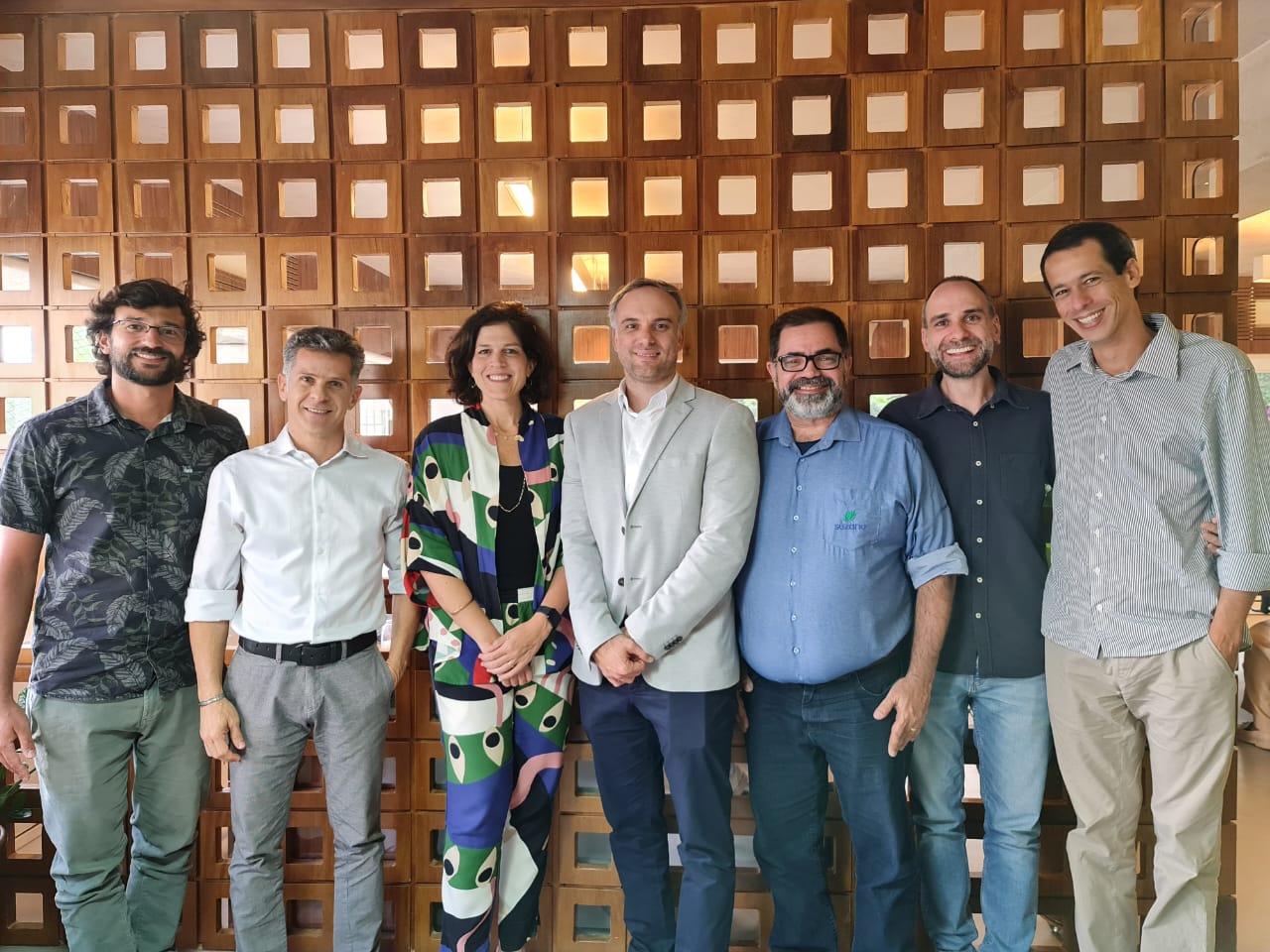
The Sustainable Cocoa Project, an initiative of the Arapyaú Institute in partnership with Suzano, has gained new horizons with the expansion of its activities in the southernmost region of Bahia. The project, which aims to strengthen Brazilian cocoa farming and promote sustainable socio-productive inclusion, will receive an investment of R$2.1 million from Suzano, with the expectation of leveraging the impact up to four times that amount. The partnership aims to directly benefit 360 cocoa-producing families, reaching around 1,080 people in the region.
The main focus of Sustainable Cocoa is the implementation of agroforestry systems (SAFs), which combine cocoa cultivation with other permanent crops such as banana and açaí, as well as promoting the recovery of degraded areas and increasing the economic security of farmers. The project also includes technical support actions, essential for planning and monitoring investments, aiming to ensure greater productivity and long-term financial sustainability.
“Arrangements like this are essential for advancing a country’s agenda based on sustainable models. Many of the target producers of the initiative seek to adopt agroecological practices, often questioned in terms of productive efficiency and financial return. The project demonstrates that this model is highly viable to meet the needs of this profile of farmers.”
– Ricardo Gomes, territorial development manager at the Arapyaú Institute.
In the short term, the project will encourage the adoption of sustainable and low-cost agricultural practices, such as intercropping short-cycle crops – such as cassava and vegetables – to generate cash flow while cocoa establishes itself. Encouraging the processing of cocoa beans is also a strategy to add value to the product, potentially doubling the selling price compared to commodity cocoa.
The partnership also aims to establish strategic connections between producers and private companies committed to sustainable cocoa and chocolate supply chains. Stable and fair commercial relationships are an incentive for more sustainable productive practices.
Giordano Bruno Automare, Executive Manager of Social Development at Suzano, highlights that the initiative is aligned with the company’s long-term commitments, which include the goal of lifting 200,000 people out of poverty by 2030.